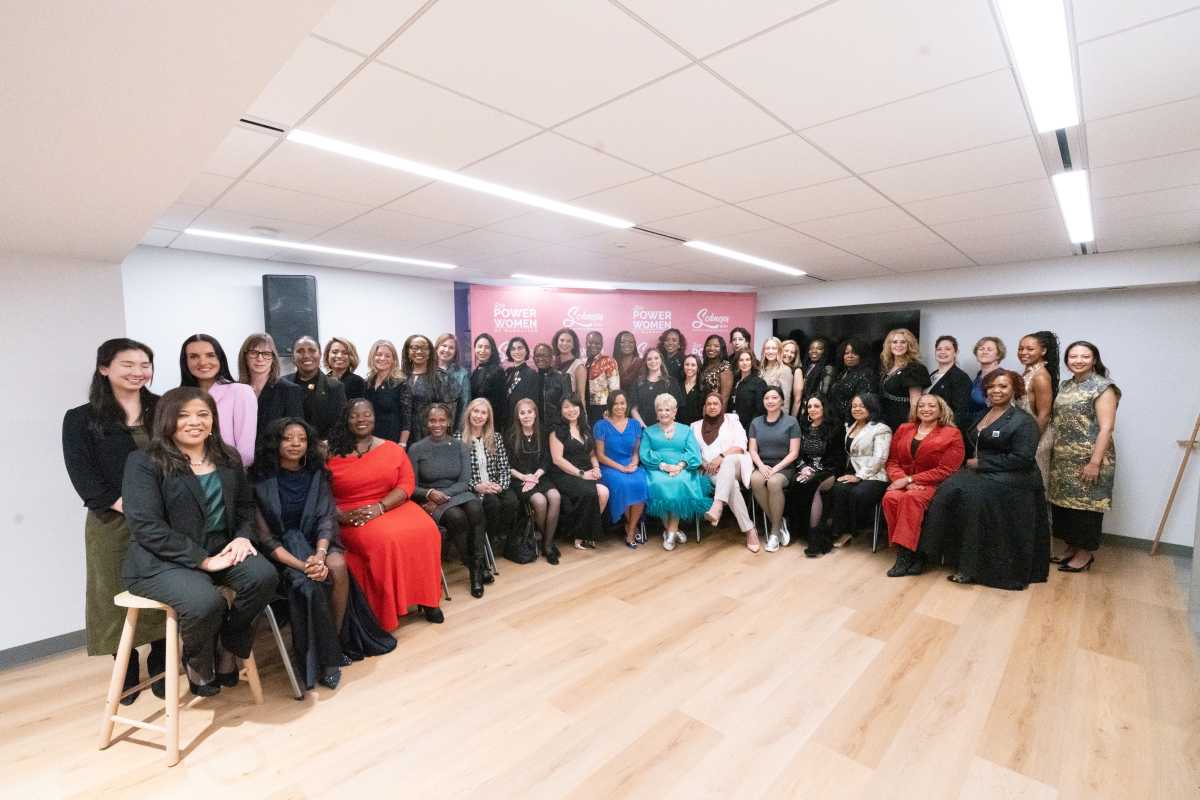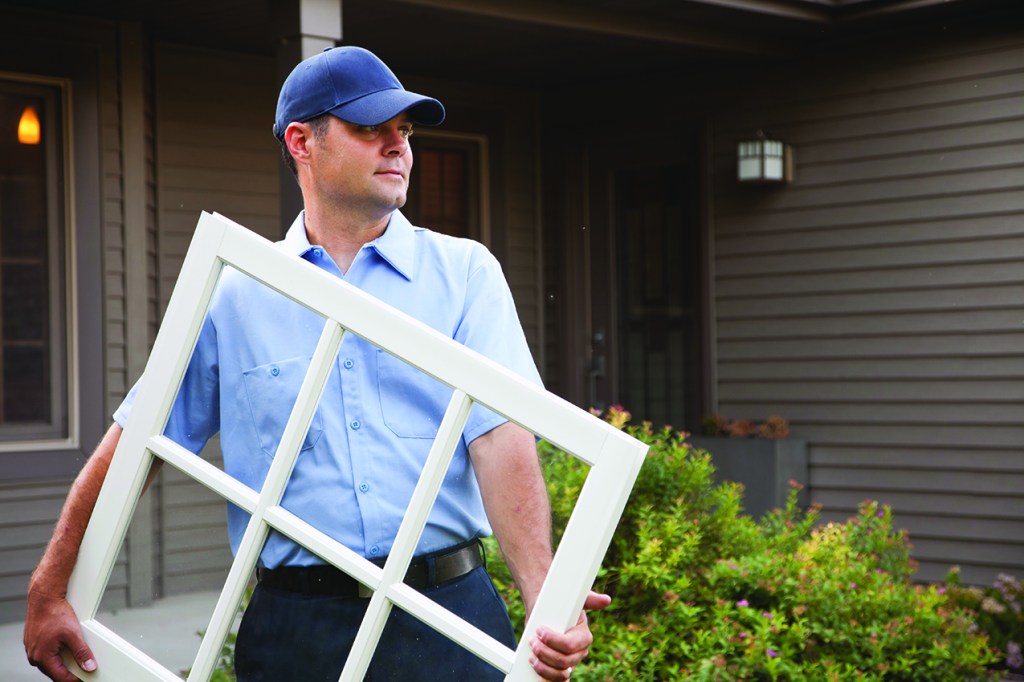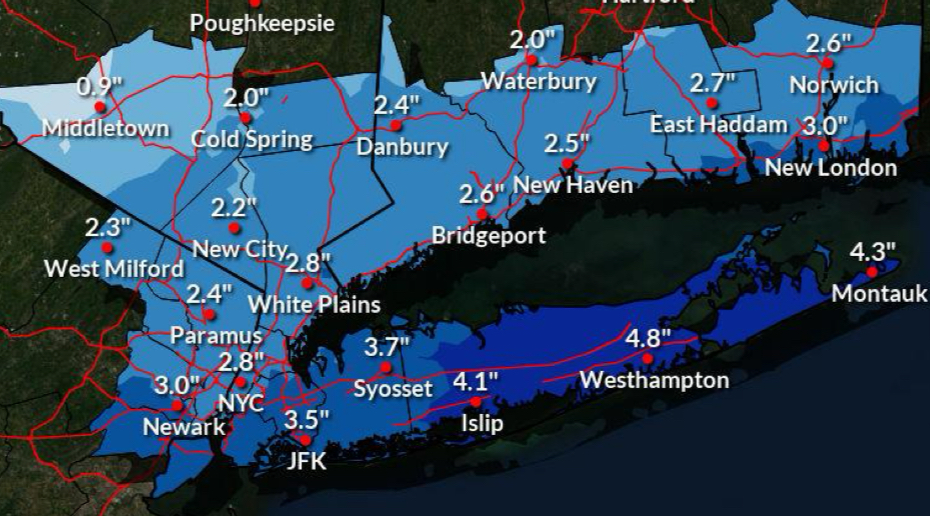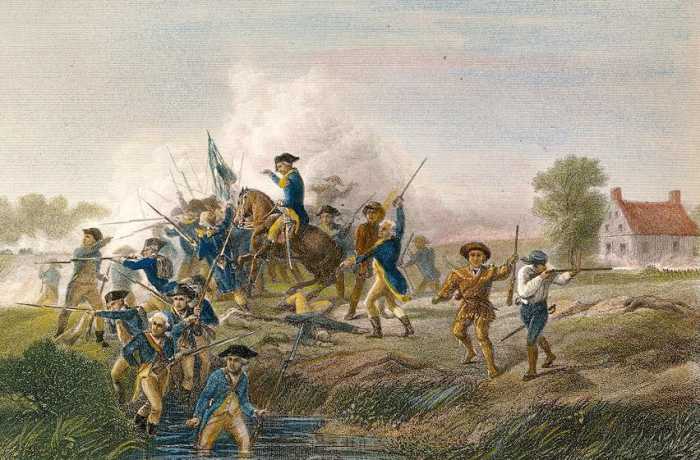Who’s Here: “Moneyball” Producer Rachael Horovitz

You don’t have to love baseball to love a good David vs. Goliath story, a poignant tale of sportsmanship, a symbolic film with romantic come-from-behind victories. That is why Moneyball, which hit theaters last September and has gone on to receive high praise, speaks to so many people.
Six Academy Award nominations are pretty telling of a movie’s broad appeal.
While producer and Springs resident Rachael Horovitz immediately gravitated toward the Michael Lewis book that inspired the film, recognizing that it could have a solid big screen presence, she faced a rough road getting others to feel the same way.
“I always just go on my own gut,” says Horovitz on her producing style. “It hit me that (Moneyball) could be a movie as I was reading the book.”
The film, which stars Brad Pitt as Oakland A’s General Manager Billy Beane and Jonah Hill as his brainy Assistant GM, went though a struggle to get into production—it even changed directors. Distributers grappled with the idea that the nonfiction book, which has been used in lieu of an economics textbook in many classrooms, could be converted into a true cinematic experience.
But to say that Horovitz’s persistence paid off would be an understatement. The film tells the story of Beane’s struggle to compete in a league that favors big spenders. (To give people an idea of how financially strapped the A’s are: “There are rich teams, and there are poor teams. Then there’s 50 feet of crap. And then there’s us.” Deftly delivered by Pitt-as-Beane.) Hill’s character, Peter Brand, comes in help Beane create a team of undervalued players, as they play the odds to find baseball success.
The baseball-related puns are relentless, but they strike at an undercurrent of truth. Horovitz hit one out of the park with the film. Moneyball really is a homerun. With six Oscar nods, no way was it a swing and a miss.
Surprisingly, Horovitz didn’t always see herself with a career in film, though as the daughter of acclaimed playwright and screenwriter Israel Horovitz, the arts were certainly a part of her upbringing. Horovtiz’s brother is Adam Horovitz, a member of the Beastie Boys.
After graduating from the University of North Carolina at Chapel Hill, Horovitz moved to New York, where she was raised, and found a job in city government.
But, Horovitz never truly left the movie industry, as her boyfriend at the time worked for the famed Italian producer Dino De Laurentiis. After getting to know more people in the industry, she was offered a job.
“I said yes to the opportunity because I was young, and it was fun to be asked,” said Horovtiz. “I didn’t really think about what it meant at the time, but it was a job that stuck.”
Horovitz went on to work for other producers, and it very quickly became a career.
“Dino as a producer was really an extraordinary presence,” said Horovitz.
Horovitz has been involved in such films as No Telling (producer), Next Stop Wonderland (co-producer), About Schmidt (executive producer) Little Black Book (executive producer) and Samantha: An American Girl Holiday (executive producer).
“My first film premiered at the first Hamptons Film Festival,” said Horovitz.
Her producing career has since taken off. Horovitz now has her own independent company called Specialty Films. Her first project was working on an HBO film version of Grey Gardens, a documentary film that depicts the daily life of a mother and daughter, both of whom are named Edith Beale, and their reclusive lives in Grey Gardens, a home in Georgica Pond.
“I produced a narrative version of the (Albert and David) Maysles’ documentary Grey Gardens—one of my all time favorite movies—for HBO.”
It won several Golden Globe and Emmy awards.
So, what makes a successful producer?
“As a producer, you have your list of terms—the ideas and essence of how you want to make the movie,” said Horovitz.
“There is a wish list of things that you want to communicate. But as with any endeavor in the creative world, you have to let go of certain things.” Horovitz is quick to caution that you have to be careful of what gets cut out and what stays in the film.
That advice may bode well for an upcoming project with father Israel Horovitz, who Horovitz knows will be willing to share his expertise.
(And for the rest of us, we may be able to take note of certain palpable nuggets of advice from Moneyball. In particular: “When you get the answer you’re looking for, hang up,” courtesy of Pitt-as-Beane. How refreshing to hear a succinct way to solve the common crisis of overthinking.)
Horovitz has a strong connection to the Hamptons, as it was the site of her first film premiere and the setting of Specialty Film’s first documentary. In addition, Horovitz is currently developing a comedy that it set on the East End with writer Allen Salkin. (Salkin wrote the book Festivus: The Holiday for the Rest of Us. And to give you an idea of Salkin’s comedic timing, his Twitter bio reads “I make pies and write stories.”)
“I love everything about being out here,” Horovitz says of Springs. “I think it’s just one of the most exquisite places in the world. I tell my friends—if you sit on the back deck and you squint, it looks like the South of France. I love the air, the water, the artists’ community. There’s nothing like looking at a morning sunrise or an evening sunset at Louse Point.”
Horovitz is married to British television executive Michael Jackson. The two have twin sons, Eli and Joe.









